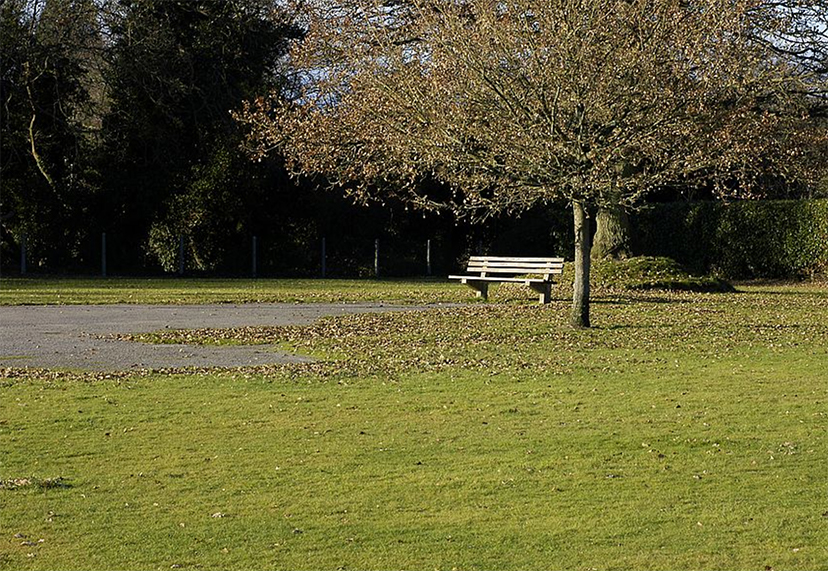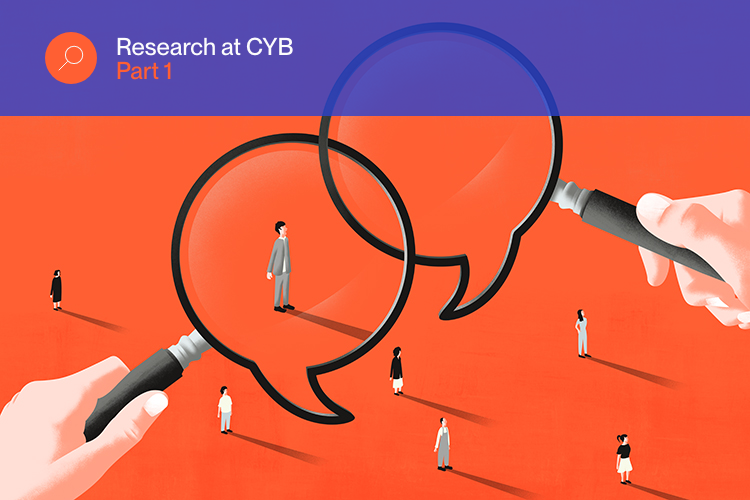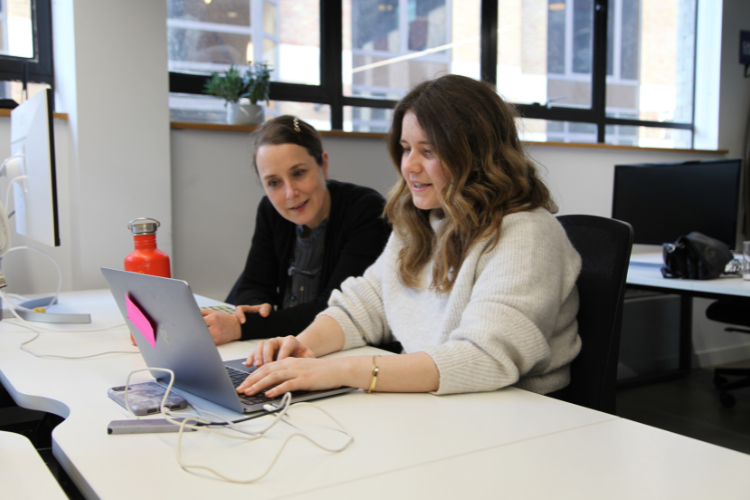
Researching sensitive topics: what we learnt talking to bereaved families
When Caution Your Blast were asked to understand how we could improve people's experience of dealing with a death abroad, it felt like a pretty daunting task. Not only is it an extremely sensitive topic, but I personally didn’t have a lot of experience researching people’s painful memories.
I reached out to my network of user researchers to ask for some help. The brilliant Steph Marsh came to my rescue and offered some words of wisdom, but there were some things I needed to learn for myself.
Let the person tell their story with no interruptions
As researchers, our job is to subtly lead the conversation to the specific research topics you and your team are interested in, using your discussion guide as a prompt to as a reminder of the most important things to cover.
Unusually, I found myself putting the discussion guide aside at the beginning of these sessions. It was important to let the person tell their story the whole way through without interruption. It didn’t feel right to try and direct the conversation when it was their story to tell. I started the sessions by asking the user to tell me what happened, I then listened and took notes so that I could pick up and probe on the specifics later.
This felt a more sensitive way to allow the person to describe their situation in their own time, while still ensuring that we were able to get answers to the more specific research questions we had.
Acknowledge people’s emotions as legitimate
During these difficult conversations, users would talk about their emotions towards the institutions that tried to help them through their ordeal. Inevitably, sometimes these would be negative feelings as they recounted things that they felt were unacceptable or unjust.
It was a difficult balance to strike to ensure that the user felt I acknowledged that their emotions were absolutely legitimate, but also that I did not automatically agree with their analysis of the organisations. I wanted to remain impartial, but empathetic to the users’ situation.
To do this, I’d say things like, ‘that sounds like a real difficult situation for you’, or ‘I hear what you’re saying’. In that way I could reassure the user that I understood the severity of their situation, while remaining professionally impartial.
Continuously offer to stop
During the sessions, users would become overwhelmed and upset having to recount difficult memories. Every time this happened I would remind users that they could stop at any time, and that how they’re feeling is more important than any research.
All users chose to continue the session, but every time a user showed signs of becoming overwhelmed I would offer to stop. This made it absolutely clear that they were in no way obligated to continue with the research.
Use their own words
Although good practice in general, I found it more important than ever to use the language of the user. People, myself included, can feel uncomfortable using words like “they died” - instead we may feel it’s more sympathetic and sensitive to say “when you lost someone”.
In this instance I would take the lead of the user, and use the language they chose to use. So if they said “my son died”, I would also say “when your son died”. This helped ensure that I wouldn’t cause offence but also that I was actively listening to people.
Do not over promise with what the research can do
I found that people were motivated to take part as they wanted to see something happen with the research. In some cases, users may have had specific things they wanted to see change.
Again, this was a tricky situation to navigate. As a researcher, I want to have the maximum impact possible, influencing policy all the way through to build, but the reality of the situation was that I couldn’t guarantee people would see any significant change.
This meant dealing with an uncomfortable truth: that someone may have shared some of their most difficult memories with me, to no effect.
I dealt with this by reassuring users that I would share the findings from research with the people who needed to see it. So despite the limitations, I would do my best to ensure that the results of the research has the potential to be a catalyst for change.


